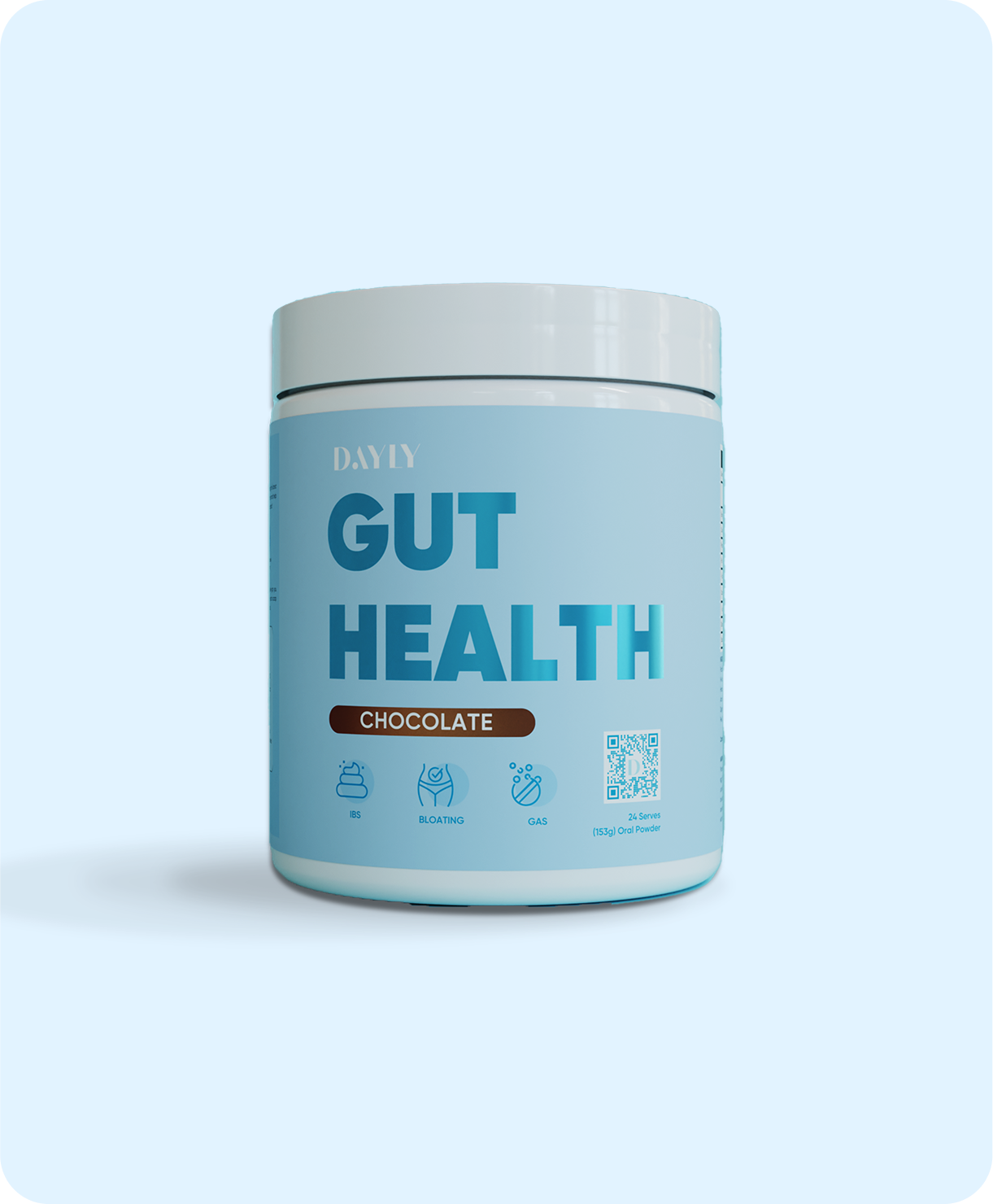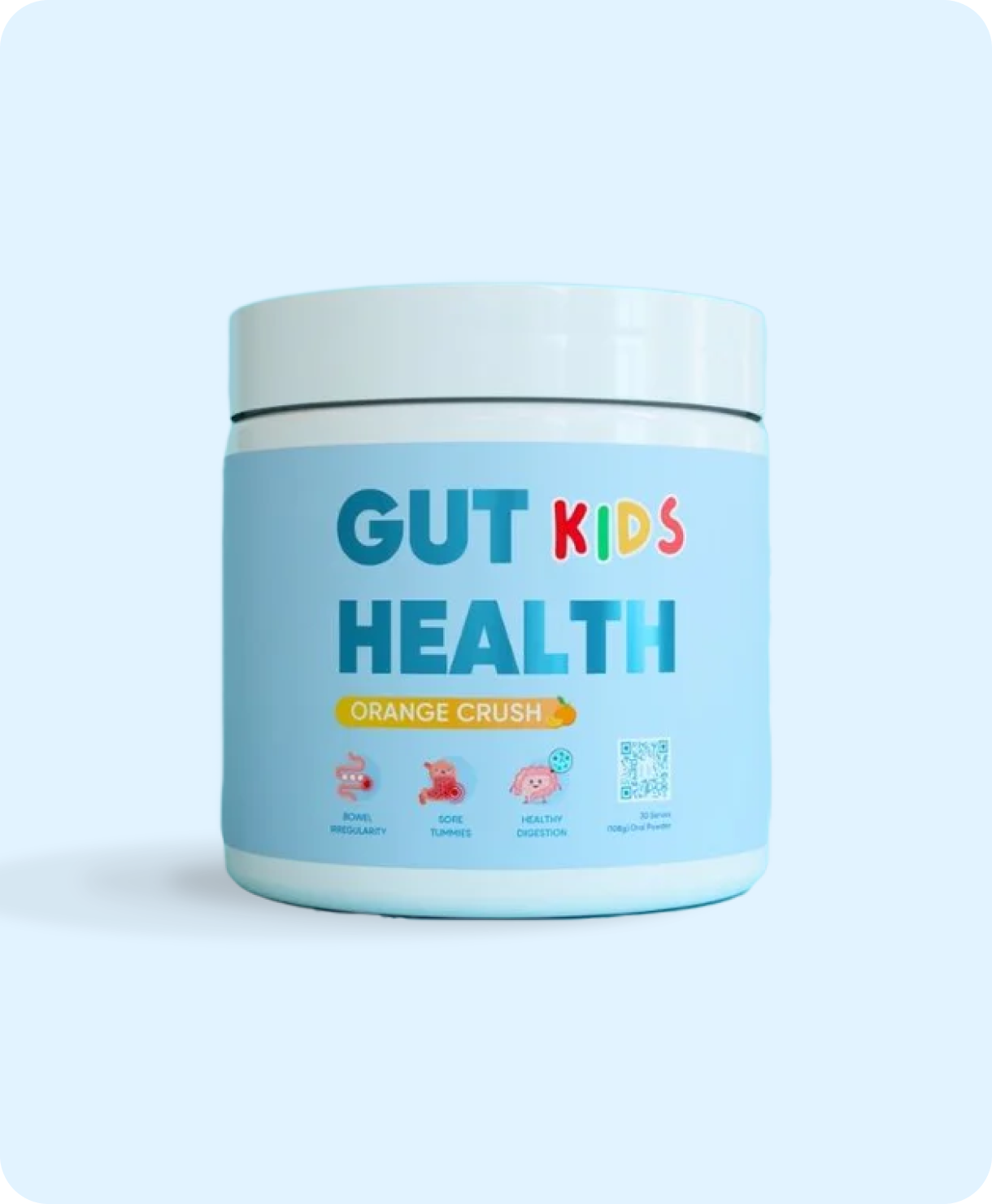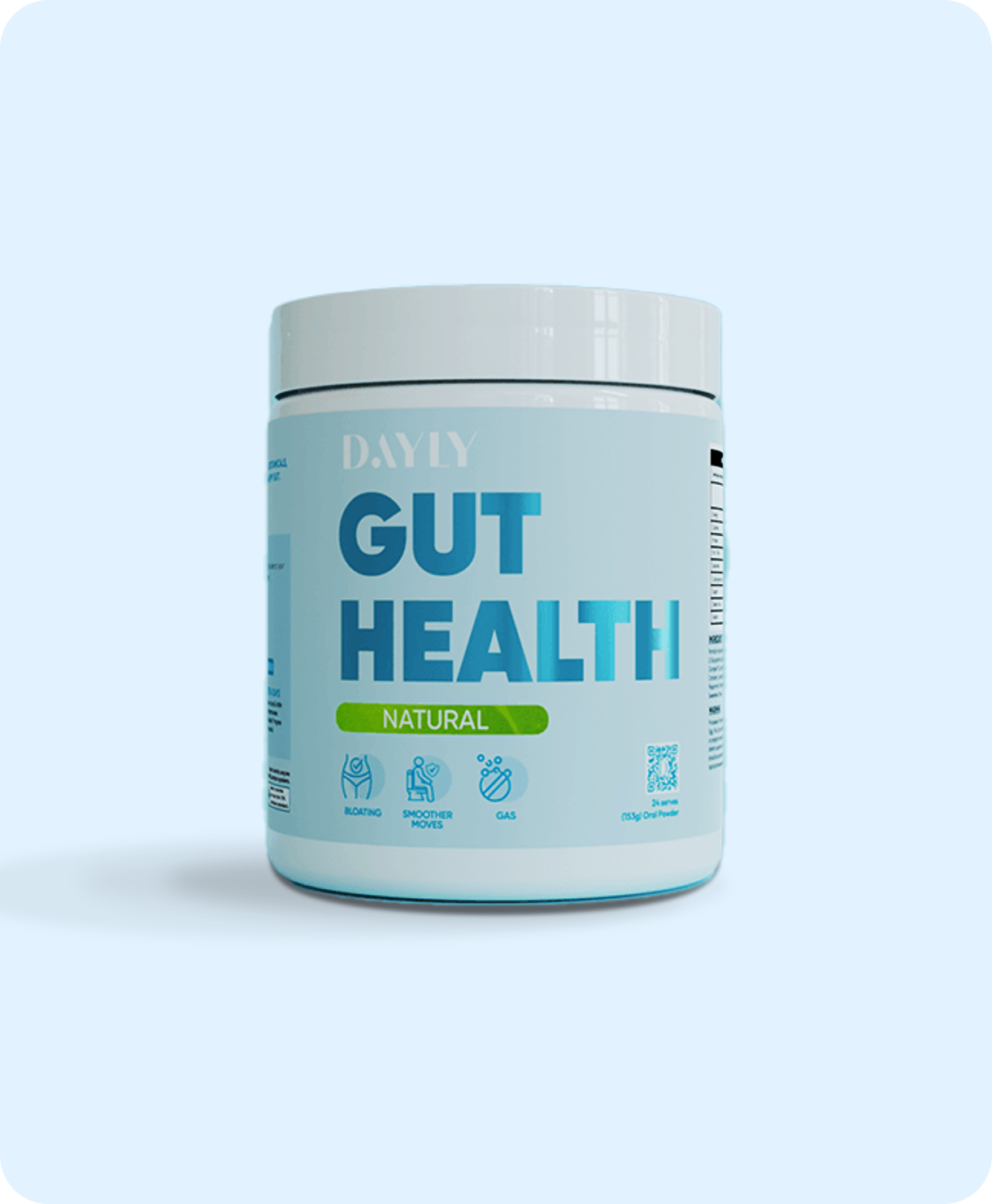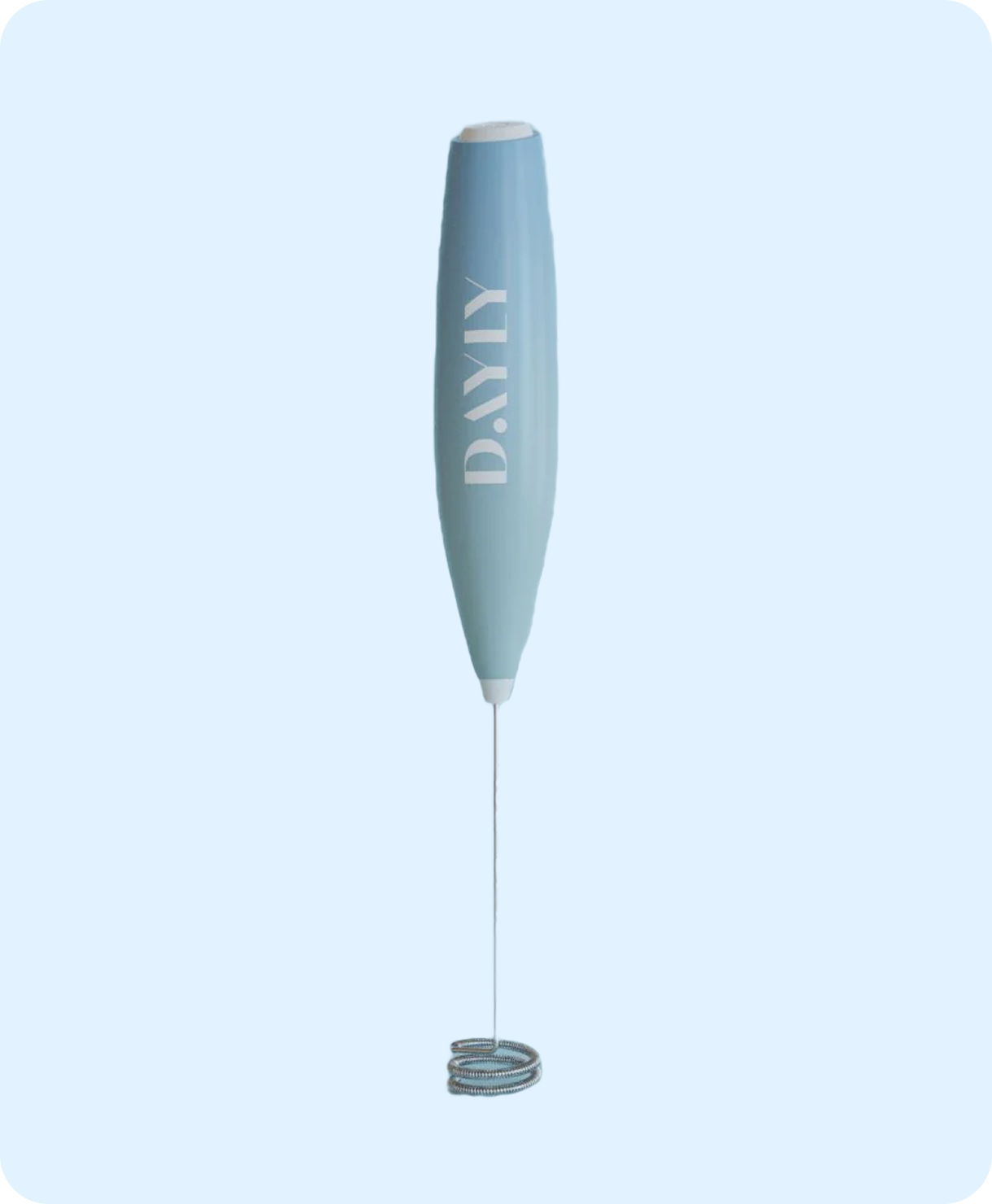Your cart is empty.
Is Leaky Gut The Cause Of Your Food Sensitivities?
What Is Leaky Gut?
What Causes Leaky Gut?

Leaky Gut And The Immune System

Is Leaky Gut Causing Your Food Sensitivities?

How Do I Heal Leaky Gut?
Where To From Here?
Check Out Related Posts!
Beat the Bloat















